Parents often encourage their kids to stay physically active for several reasons including developing social skills and remaining fit. Sports seasons feature travel and long practices, putting more demands on young bodies, and challenging parents to maintain their kids’ nutritional needs. We asked pediatrician and sports medicine doctor Nailah Coleman, MD, for insight into nutrition for young athletes.
What strategies are helpful to ensure young athletes consume healthy portions?
I truly like for young athletes to be aware of and in tune with their bodies. The more activities they perform, the more their bodies will require. Typically, compensatory hunger will follow. The key is to listen.
How useful is planning ahead?
As being in tune with your body means you may need to eat outside of meal times, planning is very important. Having healthy snacks ready and available before, during or after games and meets is essential, when hunger strikes. This will make it easier to choose the healthy option which will not only make the athlete feel better but also perform better.
What are the nutritional needs of athletes?
As all kids should be active, the general nutritional needs of young athletes should not vary greatly from that of regular active kids, other than potentially increased portions or more frequent snacks.
Are online calorie counters and tools such as CalorieKing helpful?
Although calorie counters can be helpful, they also may not provide the most accurate assessment of an individual athlete’s energy expenditure during a particular workout session. Using it may cause an athlete to overestimate or underestimate energy needs, which may lead to compensatory over- or under-eating. In addition, relying on calories causes us to shift our focus away from how our body feels (and what it needs) to an external source, which could also lead to over- or under-eating.
What are your thoughts on resources such as the ChooseMyPlate food guide for guidance?
Choosemyplate.gov has some excellent information for parents, athletes and providers. It also has a link to the USDA super tracker with suggested calories and portions, based on age, which can be helpful but should be used as a guideline, as it is not tailored to the individual athlete.
Do athletes have higher energy and fluid requirements?
Those who expend more energy do have higher energy and fluid requirements. With few exceptions, most of that fluid should be water intake. The increased energy should always come from more healthy foods and never from unhealthy, high calorie, high sodium foods.
What are some of the unique pressures involving nutrition and body weight that athletes face?
Depending on the sport, some athletes face few external pressures with regards to body weight (for example, football, where players tend to be bigger), while others may be faced with weight issues daily (for example, wrestling, where players work to ‘make weight;’ or figure skating and gymnastics, during which athletes wear form-fitting clothing). Weight does, however, play a part in successful athletic participation, so having a body habitus [a physique or body type] that supports your sport can be helpful in advancing to higher levels of competition.
 https://riseandshine.childrensnational.org/wp-content/uploads/2026/02/olympics-feature.png
300
400
webteam
https://riseandshine.childrensnational.org/wp-content/uploads/2017/11/childrens_riseandshine_logo.jpg
webteam2026-02-05 16:41:512026-02-06 08:51:52What the Winter Olympics can teach our children
https://riseandshine.childrensnational.org/wp-content/uploads/2026/02/olympics-feature.png
300
400
webteam
https://riseandshine.childrensnational.org/wp-content/uploads/2017/11/childrens_riseandshine_logo.jpg
webteam2026-02-05 16:41:512026-02-06 08:51:52What the Winter Olympics can teach our children








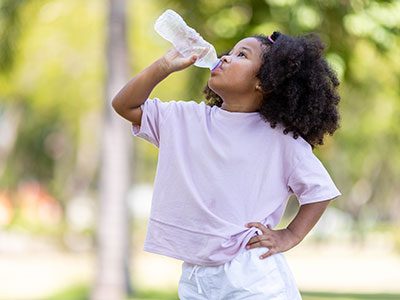
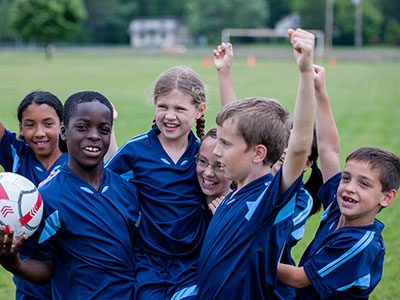

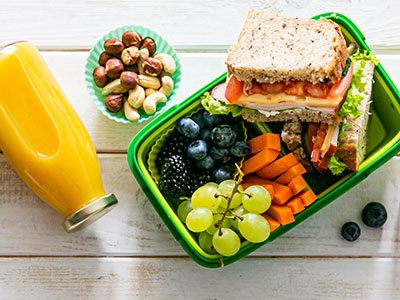

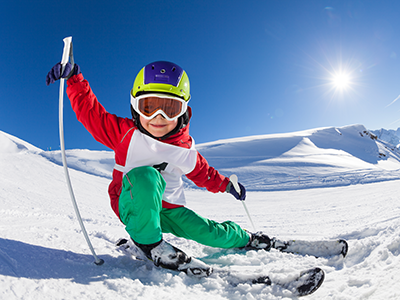
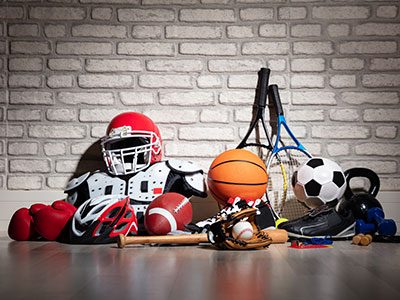
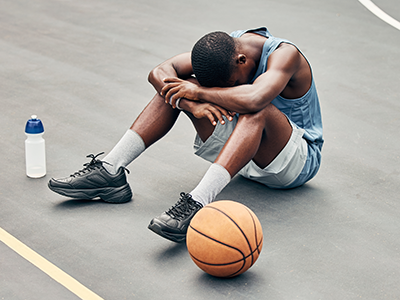

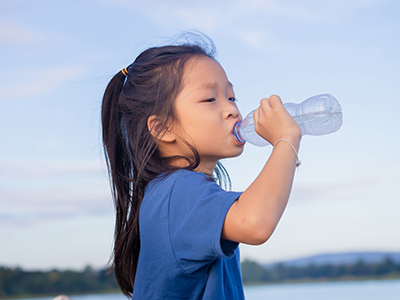
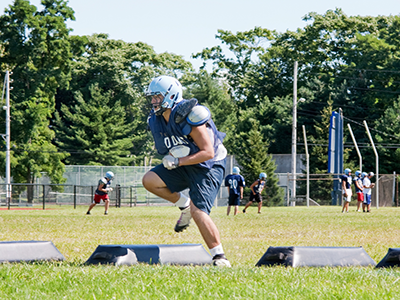
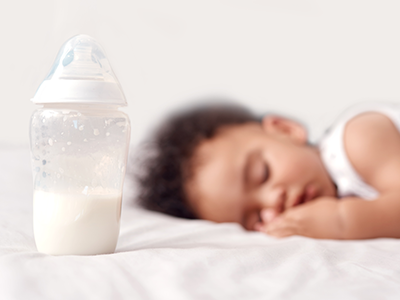

Leave a Comment
Want to join the discussion?Feel free to contribute!